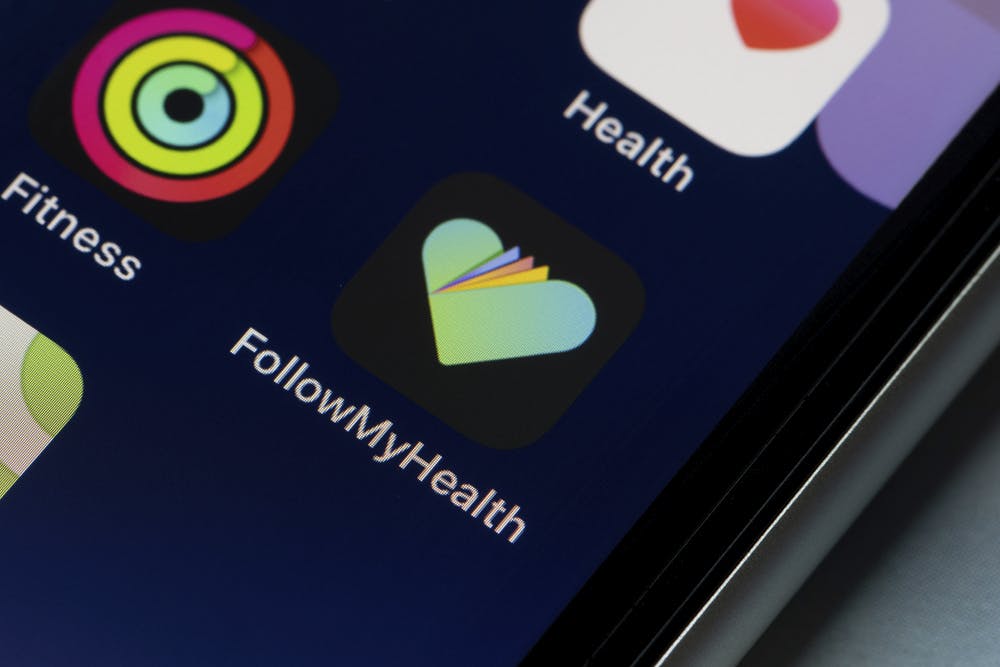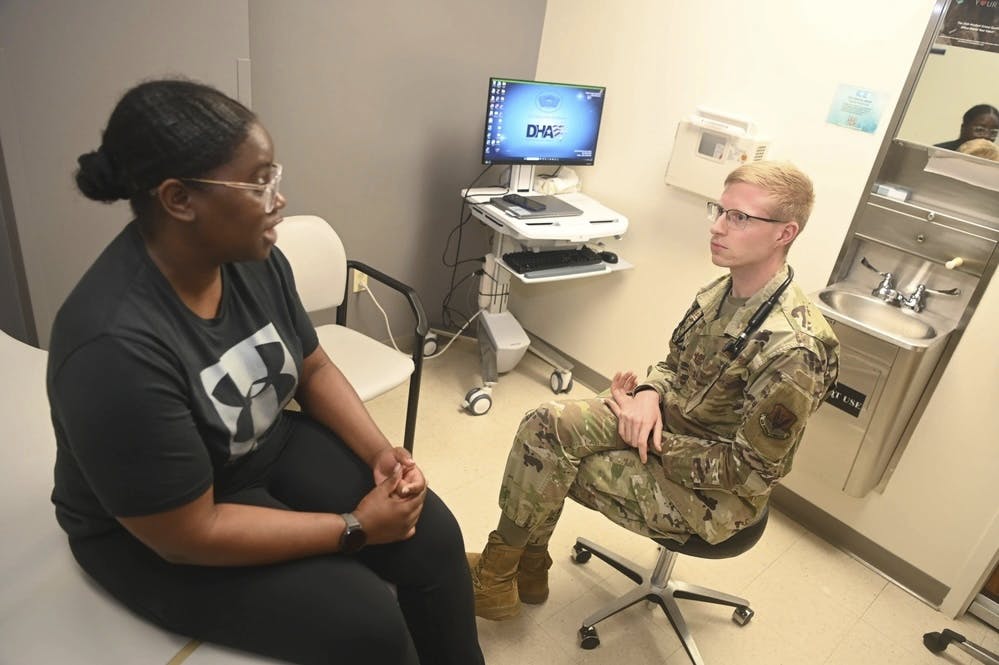HHS Considers Updates to Information-Blocking, Access Rule
Over 90% of hospitals nationwide rely on electronic health records, and HHS is making efficient access a top priority.

The Department of Health and Human Services (HHS) is providing patients with health records at speed following the 2020 final rule on information blocking and the passage of the 21st Century Cures Act, which established standards for interoperability across health care.
Across the country, online patient portals provide patients with immediate access to their electronic health records and ability to communicate with their health care providers. Patient portals rely heavily on increased integration with technology to provide a seamless experience for patients to access their medical records, test results and other health information.
As HHS focuses on delivering EHRs to patients at speed, the agency is refining how patients access that data.
In a recent survey, which included over 8,000 participants from four medical centers across the country, 96% of patients said they prefer to receive their test results online immediately.
“After we started accommodating the information-blocking rule, patients were starting to see their results four times more than before the information blocking rule,” Dr. Trent Rosenbloom, professor of biomedical informatics at Vanderbilt University, and co-author of the recent study, said Monday on a webinar with the Office of the National Coordinator for Health IT (ONC).
In many cases, patients were able to view their results before health care professionals, “this led to a doubling of messages sent to the health care team, within six hours of seeing the results,” Rosenbloom said.
Deven McGraw, former deputy director for health information privacy at HHS, made it clear that patients’ records have been released to patients for years, but the 21st Century Cures Act brought everyone “up to par.”
“Now we see very rapid releases across all of our customers,” McGraw said. “About 93% of all results coming out of Epic go out within the first day.”
While the 21st Century Cures Act Final Rule mandated the immediate electronic availability of test results to patients, there have been challenges along the way.
Grace Cordovano, a patient advocate in West Caldwell, New Jersey, said patients are impressed with the convenience of their health care records, but there is still room for progress.
“People are finding errors, lots of errors, some very minor, but some pretty important. And now they’re frustrated that, ‘gosh, how do I go and report this?’ There’s definitely some opportunities again, to make sure that when a patient voices and finds an error that that is not discarded and ignored,” Cordovano added.
In addition, patients desire better presentation and images of their records and Cordovano says technology is essential to provide a “reimagined experience.”
“People are hungry for more,” Cordovano added. “What can we do from a digital health standpoint? Is there a chatbot? Are there educational webinars? Can we better connect patients to peer health support, to an advocate, to a nurse navigator, to a social worker? I’d love to see more to help patients, who do get an unfortunate result or a scary result, really wrap them in more resources.”
In April, ONC released a proposed rule titled, ‘Health Data, Technology, and Interoperability: Certification Program Updates, Algorithm Transparency, and Information Sharing (HTI-1)’, aimed to increase electronic health information and advance interoperability.
During an information session April 27, National Coordinator for Health IT Micky Tripathi said the rule is essential to continue building upon the digital foundation.
“We want to do everything we can to create mechanisms and structures to allow for the sharing of information and make that as easy as possible to reduce the burden of that to reduce the threshold [and] allow people to be able to share information as easily as possible,” Tripathi said.
Over 97% of hospitals across the country rely on electronic health records, and the proposed rule will prioritize keeping up with the growing demand, according to Tripathi.
Elise Sweeney Anthony, executive director for policy at the ONC, and a breast cancer survivor, said she has benefited first hand from quicker access, but she said we must acknowledge that every patient is different.
“We have to recognize that health disparities and the digital divide are also part of this conversation. We have to take the time to share the successes and implementation approaches and learn from the not-so-successful approaches,” Anthony said.
This is a carousel with manually rotating slides. Use Next and Previous buttons to navigate or jump to a slide with the slide dots
-

Trump Executive Order Boosts HBCUs Role in Building Federal Tech Workforce
The executive order empowers HBCUs to develop tech talent pipelines and expand access to federal workforce opportunities.
3m read -

IHS Prepares to Deploy PATH EHR at Pilot Sites in 2026
IHS targets PATH EHR pilot in 2026, emphasizing governance, collaboration and interoperability as key pillars of the modernization strategy.
4m read -

FEHRM CTO Targets Two-Year Cloud Migration for Federal EHR
Lance Scott touts new EHR tech advancements, including cloud migration, expanded data exchange and AI integration to improve care delivery.
4m read -

VHA’s AI Chief Led NIH’s New AI RFI
The agency's AI chief Gil Alterovitz helped develop a plan that hints at how NIH is charting the future of AI and biomedical research.
5m read -

Trump Taps Maj. Gen. John Bartrum to Lead VHA
Nominated for VA's top health role, Bartrum brings over four decades of military and public service to the agency.
3m read -

AI Growing in Focus Amid HHS Restructure
Department of Health and Human Services officials see promise in artificial intelligence amid efficiency goals.
4m read -

Federal EHR Leaders Eye Ambient Dictation, Interoperability
Officials from DOD and VA said they are exploring new EHR features such as functionality in offline status and interoperability.
5m read -

Federal Agencies Tout Tech in President Trump’s First 100 Days
Defense modernization and health care restructuring landed among some of the key IT highlights within the president's first few months.
6m read -

VA Secretary Tells Congress Tech Efficiencies Will Help Offset Workforce Reductions
Technology improvements will help allow department to maintain veteran care, VA leadership tells Senate Veterans Affairs Committee.
-

NCI Uses Wearables Data to Link Exercise to Cancer Risk
NCI finds a connection between low-intensity exercise and decreased risk of cancer through data collected from wearable technology.
9m listen -

NCI's Tech-Based Therapy Helps Patients Battle HPV-Linked Respiratory Disease
A new tech-based therapy is helping NCI treat patients who suffer from a respiratory illness associated with HPV.
23m listen -

CDC's Strategic Vision for Faster, Smarter Public Health Response
Dr. Jennifer Layden, a key architect of the CDC's Public Health Data Strategy, shares how modern technology is transforming disease detection and response.
9m listen
















